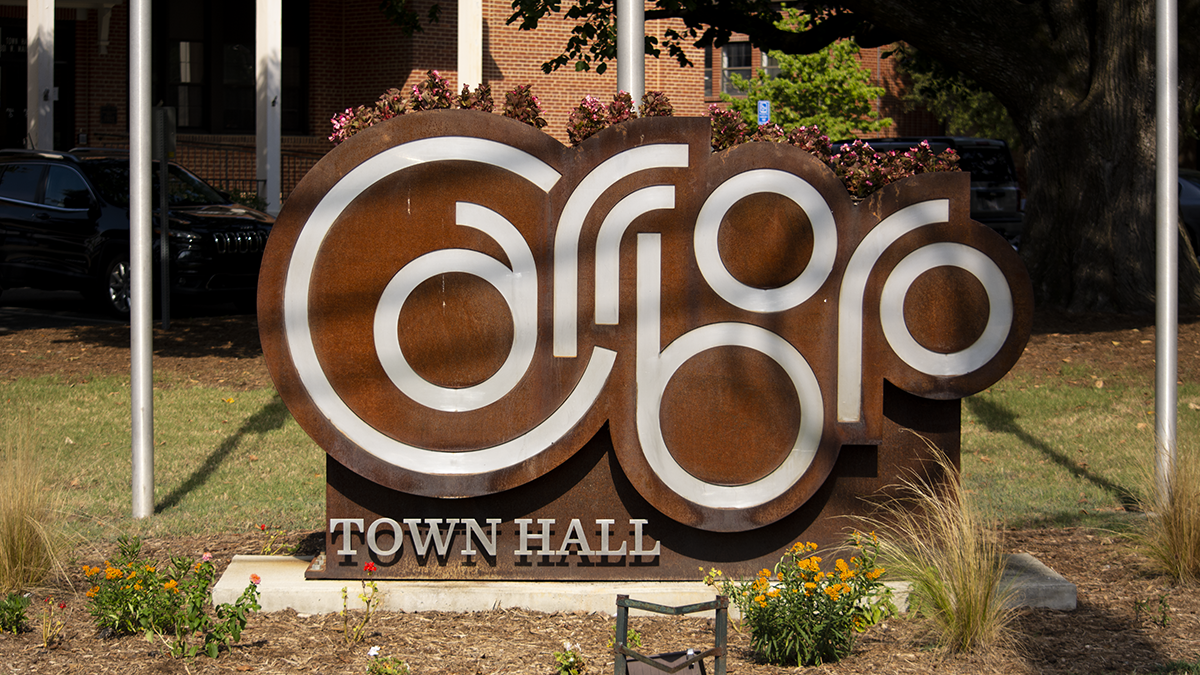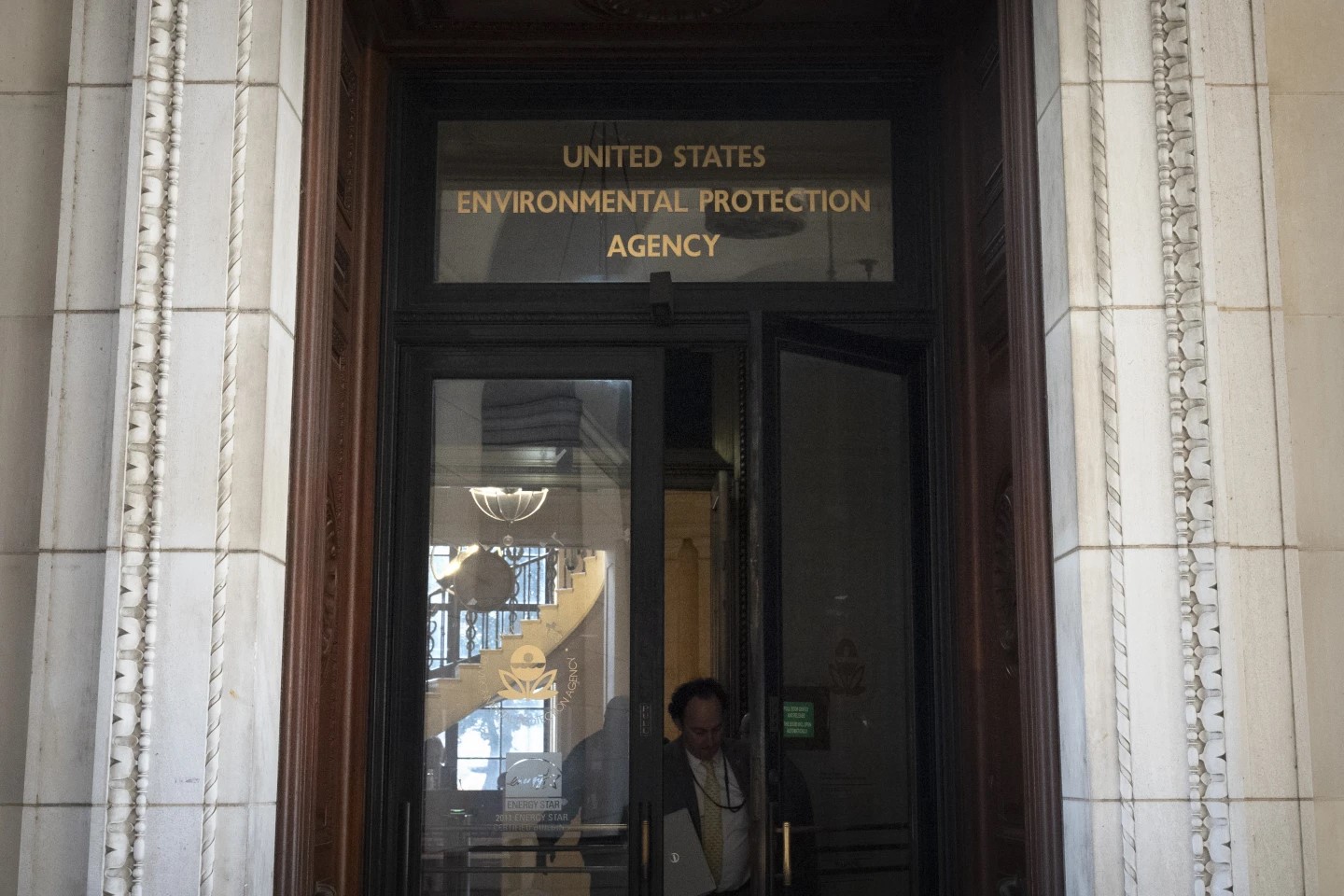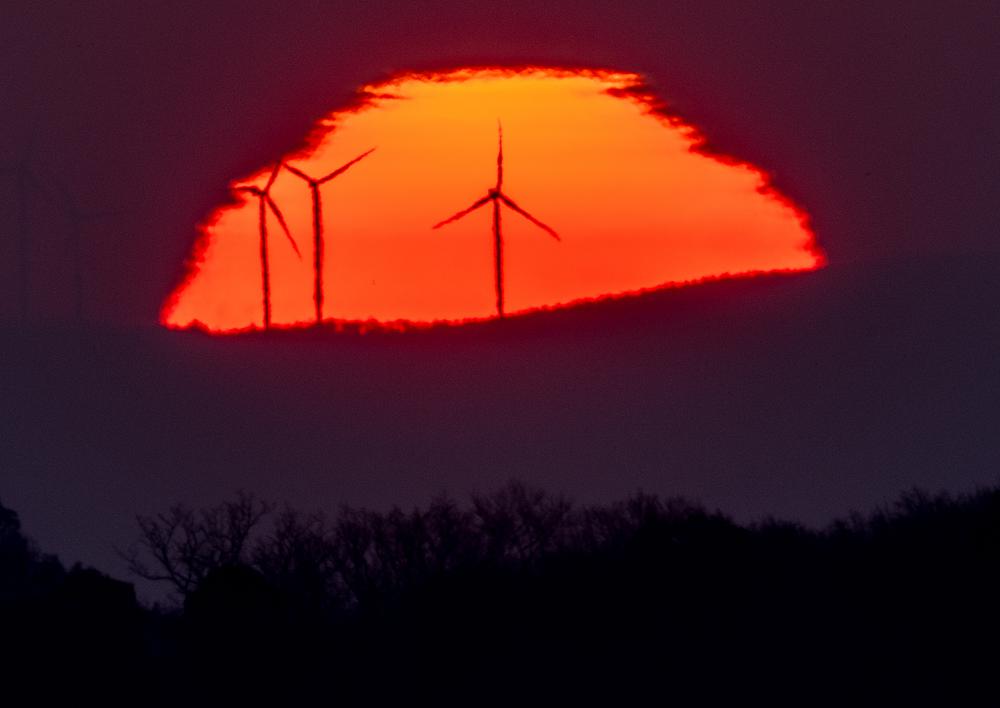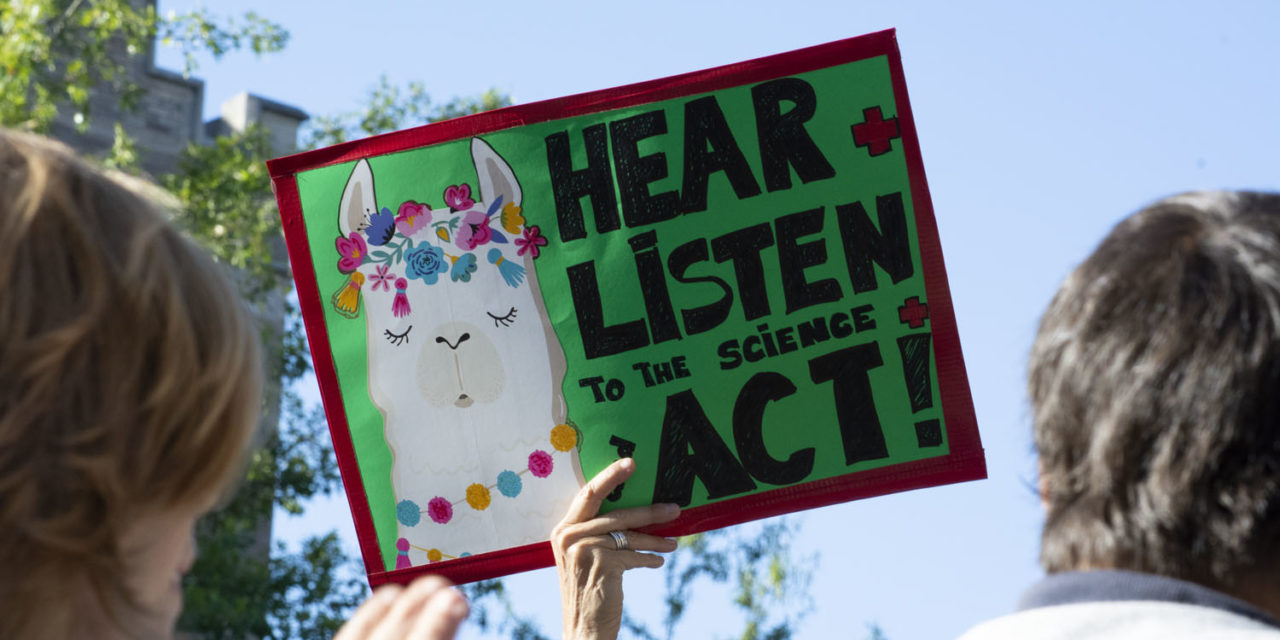With debates raging over how the government has responded to the ongoing coronavirus pandemic, new polls show this current crisis may have also begun to change opinions on another major global issue: climate change.
In a recent interview with 97.9 the Hill’s Aaron Keck, Tom Jensen — the director of Public Policy Polling in Raleigh — gave his insight on the issue.
Jensen said 61 percent of people who responded to the poll want to see our elected leaders act more urgently to protect us and our communities from the impact of climate change, while only 32 percent disagreed with that sentiment.
“I thought the most interesting thing about this poll is that obviously the whole thing with the coronavirus has shown how important it is to plan ahead for things that could happen,” Jensen said. “Because obviously we’d be in a lot better situation right now than we are if we had done a better job of planning ahead.”
The overall political impact of the coronavirus has been moot, according to Jensen, with opinions on how the pandemic has been handled seemingly split between party lines.
“Even though this could be a pivot point that either got Trump back on the solid ground with a good response or completely fall apart with a bad response, what we’re instead seeing is that it’s just reinforcing everybody’s preconceived notions,” Jensen said. “Because of that his overall situation is pretty much unchanged even with the biggest crisis we’ve faced in 19 years.”
When it comes to climate change, however, there have been visible changes in the environment all across the world as people have been ordered to stay in their homes and the pause button has been pressed on daily life.
Major cities like Los Angeles and New York city have seen their skies clear with a drop in air pollution, while the famous canals in Venice have cleared up and attracted more fish and dolphins to the area.
Climate change has typically been thought of as an invisible issue — no different than the coronavirus — but these immense, positive changes in the environment are finally allowing people to see first-hand the kind of effects daily life produces.
This is what has been reflected in the new polling data Jensen and the team at Public Policy Polling have collected, as a greater, shared understanding on the issue is starting to show itself.
“Maybe what is happening with the coronavirus maybe will create a greater sense of urgency when it comes to climate change,” Jensen said. “A greater, sort of, level of understanding that we can’t just wait for it to come and then deal with it. That it actually has to be dealt with proactively.”
Related Stories
‹

On the Porch: Lisa Sorg - Environmental NewsThis Week:
Lisa Sorg is the North Carolina reporter for Inside Climate News. A journalist for 30 years, Sorg covers energy, climate environment and agriculture, as well as the social justice impacts of pollution and corporate malfeasance. She has won dozens of awards for her news, public service and investigative reporting. In 2022, she received the Stokes Award from the National Press Foundation for her two-part story about the environmental damage from a former missile plant on a Black and Latinx neighborhood in Burlington. Sorg was previously an environmental investigative reporter at NC Newsline, a nonprofit media outlet based in Raleigh. She has also worked at alt-weeklies, dailies and magazines. Originally from rural Indiana, she lives in Durham, N.C.

Town of Carrboro Argues Case in Duke Energy, Climate Change Lawsuit's Initial HearingThe Town of Carrboro presented its legal rationale for continuing a 2024 climate change-focused lawsuit against Duke Energy on Thursday.

In Coastal Ghana, Female Oyster Farmers Try to Save an Old Practice Threatened by Climate ChangeIn Ghana’s coastal mangroves, oyster farming has been a key source of livelihood dominated for ages by women.
![]()
What We're Thinking: The Roy Cooper EffectThis week Tom speaks with Andrew Stuckey, filling in for Aaron Keck. They discuss Roy Cooper's announced run for U.S. Senate, why he may be an ideal candidate, and other trends for North Carolina and the nation.

The EPA Eyes Rolling Back Rules Projected To Save $275 Billion and 30,000 Lives Every YearWhen the head of the Environmental Protection Agency announced a wide-ranging rollback of environmental regulations, he didn’t mention how ending the rules could have devastating consequences to human health.

Get Ready for Several Years of Killer Heat, Top Weather Forecasters WarnTwo of the world’s top weather agencies forecast several years of even more record-breaking heat that pushes Earth to uncomfortable extremes.

Rare Greenhouse Gas Law in North Carolina Could Get Pulled Back by GOP LegislatorsNorth Carolina enacted an energy law in 2021 that directed power plant emissions be sharply reduced. Now it's aiming to repeal a key element.

Duke Energy Files Motion to Dismiss Carrboro's Climate Change 'Deception' LawsuitDuke Energy filed a motion to dismiss a Town of Carrboro lawsuit against it in Orange County, the first legal response by the energy giant.

EPA Head Says He’ll Roll Back Dozens of Environmental Regulations, Including Rules on Climate ChangeThe head of the Environmental Protection Agency announced a series of actions Wednesday to roll back landmark environmental regulations.

Here’s What the Paris Climate Agreement Does and Doesn’t DoThe Paris agreement is a mostly voluntary climate pact. What does it do, and what does it mean as President Donald Trump removes the U.S.?
›










